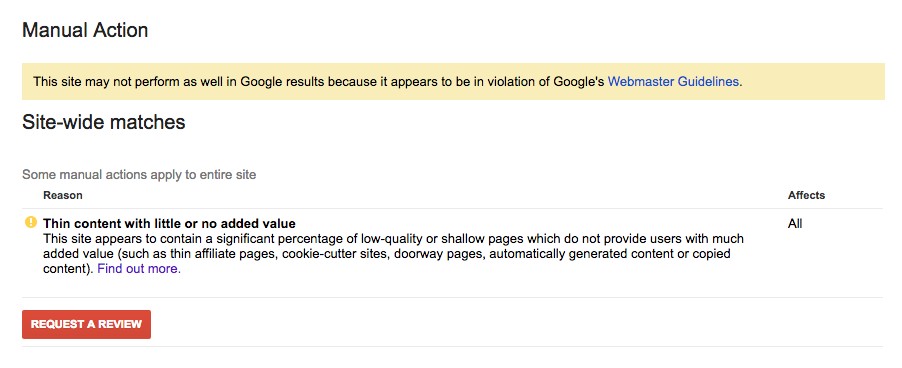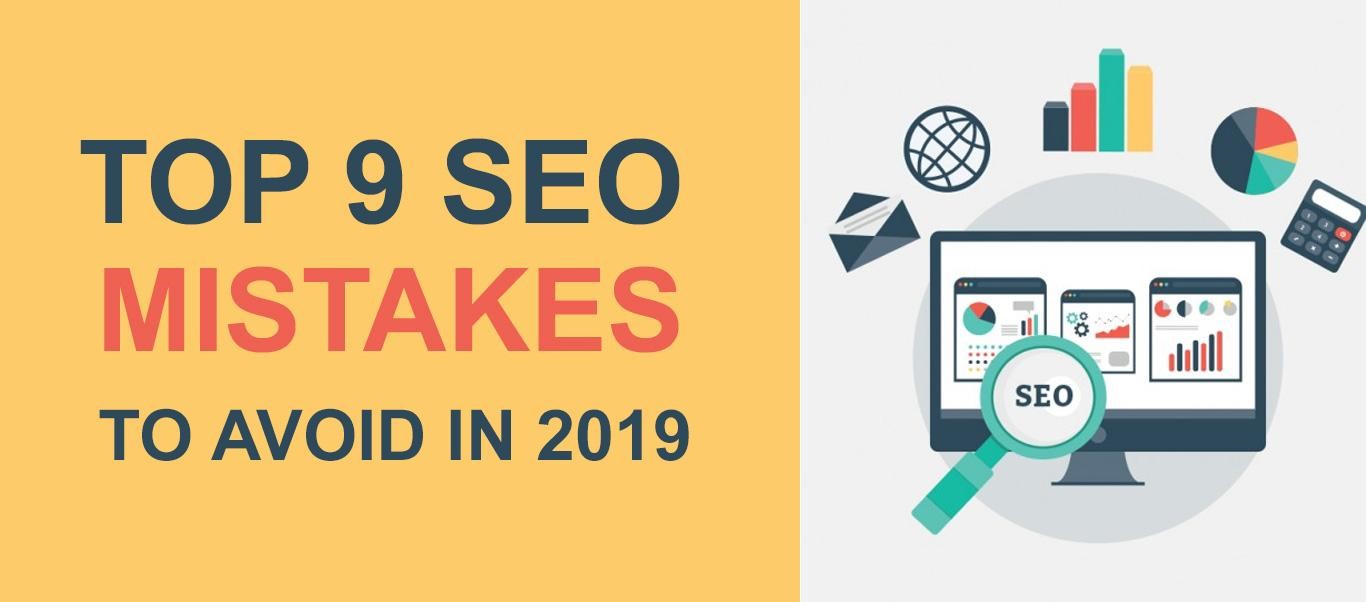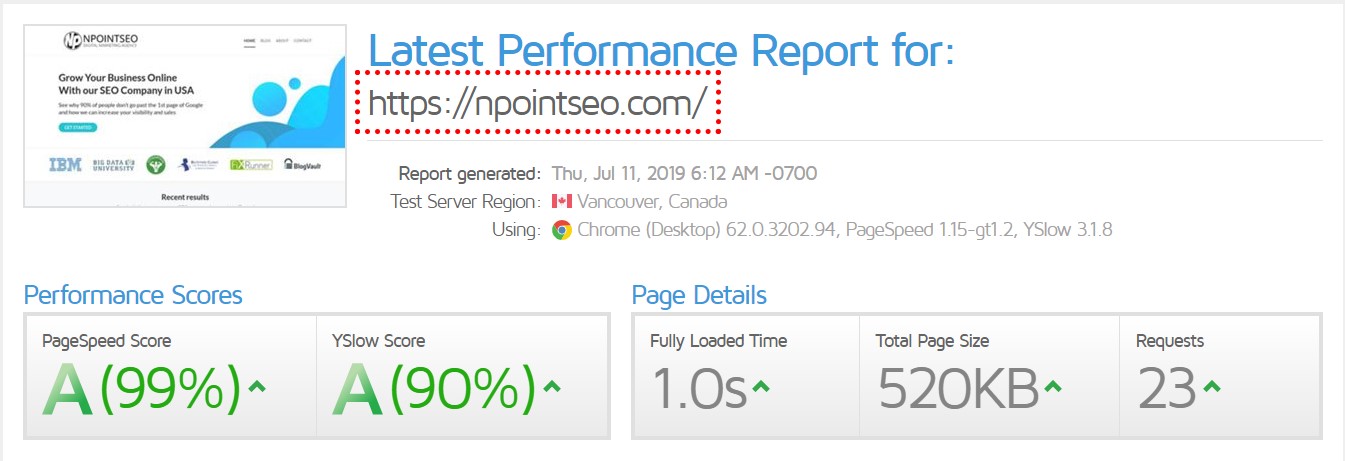With the overwhelming number of tips and advice on implementing SEO, it can be easy to follow the wrong ones and end up actually hurting your search engine ranking. Below we list out some of the most common SEO mistakes to avoid, as well as advice on what you should do instead.
Top 9 SEO Mistakes to Avoid In 2019
1. Not Forming and Tracking SEO Goals
Developing clear and achievable SEO goals should be a priority since starting up without them is basically going in blind.
With that in mind, even if you do this, you probably won’t reach them without tracking the right metrics. Neglecting things like individual keyword rankings and KPIs will have a severe negative impact on your SEO performance. That’s why it’s important to hire the best SEO company in the USA that will do the work professionally and track all data.
Without tracking you won’t fully understand your campaign and see a return on investment.
2. Focusing on Wrong Keywords
Now that you have your SEO goals and are tracking your performance, you can use this data to inform your choice of keywords. You can use your KPIs to determine unique keywords that will make you stand out when it comes to ranking.
The keywords you choose should always serve the needs of your business. Using tools like AdWords Keyword Planner will help you focus on the best keywords to suit your goals.
3. Using Too Many Keywords
Following the tips above, you should now have a solid SEO strategy in place. You’ve also determined the keywords that will generate the most organic traffic. Here, you might be tempted to try and fit as many of them in your content as possible. As it turns out, this can cause more damage to your ranking than help you.
A quick fix for keyword stuffing is to think in terms of keyword density. Having too many keywords is only a problem if they’re within a relatively small amount of content. If you instead spread them out, your ranking is far less likely to go down. Also, keep in mind that the length of the keywords might negatively affect your ranking. This is especially true if the same lengthy key terms are repeated throughout the text. On that note…
SEO tip: A quick fix for keyword stuffing is to think in terms of keyword density. Click To Tweet4. Ignoring Long-Tail Keywords
Like we mentioned earlier, using a large number of generic keywords won’t really help your ranking. However, if you use too many long key terms, Google’s algorithm will penalize your website and your ranking will still suffer.
A good way to balance this out is to use a moderate amount of long-tail keywords specific to your business. For instance, if you’re running a restaurant, you won’t get far using that as your keyword. However, adding the type of restaurant and its location will give you plenty of possible combinations for longer, more unique keywords. Just remember that moderation is key here.
Using a large number of generic keywords won’t help your SEO ranking. Instead, use long tail keywords specific to your business. Click To Tweet5. Valuing Quantity Over Quality
Running a small web site will generally make it easier to create good quality content. The trouble comes if you’re running a large web site with thousands of pages. Here, it’s easy to slip into producing low-quality content while trying to boost the page number.
Not only will this not help your ranking, but Google might also actually penalize your site by omitting it from the search results on the grounds of it having ‘thin value’.

Even if your site isn’t very content-heavy, it still might be counted as thin content. For instance, if you’re running a business that offers the same service over a number of locations. It is likely that your site will have a number of doorway pages that will lower your ranking. In this case, there’s really nothing you can do except radically redesigning your site. Creating a unique page for every location is neither practical nor will it improve your overall SEO performance.
If you find yourself in this situation, it would be best to focus on doing everything else absolutely right. Optimize your performance and site architecture and make sure the design is extremely user-friendly. Also, adding a blog section might help you generate unique and high-quality content without affecting the rest of your site structure.
6. Using Duplicated Content
There are a number of reasons why duplicated pages might happen, like faulty plugins or corrupted backups. Sometimes, site owners will even voluntarily copy pages in hopes of improving ranking. In reality, Google will quickly pick up on duplicated content and likely omit your site because of it.
Make sure your website has no copied pages. Also, check if there are pages with similar content using the same keywords, as this can also negatively affect your ranking.
7. Using Low-Quality Links
It goes without saying that all the links on your web site should lead somewhere. However, site owners often simply forget to update the links when restructuring the site or removing individual pages.
To fix this, simply check all the links on your site and make sure they don’t lead to any unexpected 404 pages. Also, finding an organic way to include keywords within links can have a great positive effect on your ranking.
8. Not Optimizing Your Web Page
Your web site’s performance could be a crucial factor when generating user engagement. People generally don’t like to wait, so make sure your loading speeds are as high as possible. You can easily test for this with tools like Web Page Test or Speed Test.
Also, consider if your web site is designed with user experience in mind. This is especially relevant for mobile users. Tools like mobiletest.me will allow you to see how your website will look in a number of screen resolutions.
9. Failing to Cater to Your Audience
Even if you do all of the above, there’s still a chance you could get caught up in the metrics and ignore your target audience. Remember, your customers are human, not bots. Using Google Analytics is a great way to gauge what kind of content attracts the most visitors, and which keywords are they using to get to your content. This data can be a great help when it comes to developing your SEO strategy and goals.
Conclusion
Acknowledging mistakes is the first step to fixing them. If you find yourself doing any of the above, consider using the provided tips to solve the issues. In the long run, you are sure to see your ranking and visitor number improve.
This is by no means an exhaustive list. Please share in the comments below if you’ve had any similar experiences or think we’ve overlooked an important step many people may get wrong.
Ciao,
Miss Kemya
This is a guest post by Nickey, Founder & CEO at NPointSEO. He is currently focused on developing systems and networking with people in the SEO industry. In his free time, Nickey loves to go to the gym and read books.






SEO is something I am constantly struggling with. I think my terms are too generic but pinpointing successful long-tail search terms has been a challenge.
You can start with the tools mentioned to make a list of long tail keywords. Using the Google search bar is another great tool. When you begin typing in a keyword, it will autofill popular search phrases. Make a list of these to see which are most relevant for you. Also, consider the language used in your niche, and brainstorm a list of long tail keywords that describe the product or service you offer. This should help you make a list to start with!